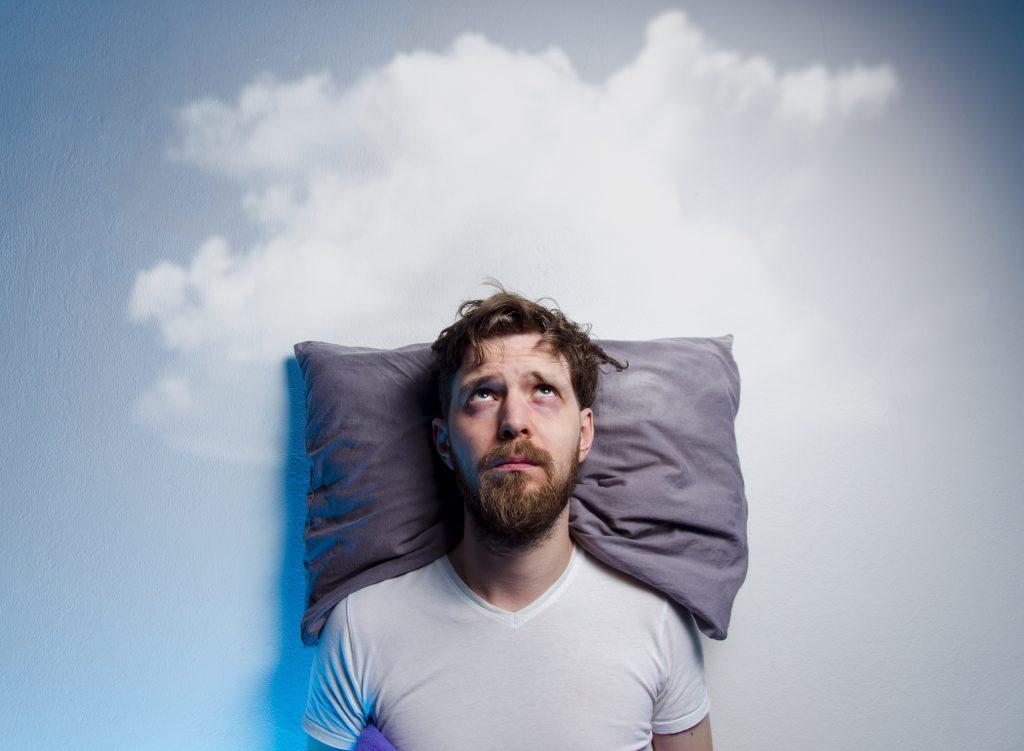Weight Gain
According to a study, sleep deprivation triggers the production of cortisol, a stress hormone that causes your body to produce an increased amount of sugar in order to help keep you energized during your waking hours. As a result, your body opts to store more fat, leading to weight gain. Furthermore, more ghrelin hormone is produced, which increases your appetite causing you to overeat. Consequently, individuals who get fewer hours of sleep have a higher probability of becoming obese. On the other hand, when you get enough sleep, more leptin hormone is produced, which helps suppress the feeling of hunger, making you feel full.
Decreased Work Productivity
It might seem like getting a few hours of sleep will help you get more work done. And although it might work for a day or two, prolonged sleep deprivation negatively affects your concentration and performance. Results of several studies indicated that employees who get less sleep would have difficulties learning and communicating. Furthermore, your problem-solving ability declines, and you might experience memory loss in the worst-case scenario.
Immunity Decline
According to the CDC, people who get less sleep have higher chances of developing several chronic illnesses/conditions. When you get fewer hours of sleep, you interfere with your body’s ability to control sugar, which increases your chances of developing type 2 diabetes. Other studies suggest that you upsurge your odds of contracting a cold when you get less sleep. Sleep-deprived people and individuals with sleep apnea are more anxious and stressed, which leaves them more venerable to depression.
Less Attractive
Have you been wondering how you can improve the state of your skin and physical features? Getting enough sleep will help increase blood supply to your upper body, reducing the appearance of wrinkles and fine lines on your face. Other studies suggest that people who don’t get enough sleep are highly likely to wake up with swollen and redder eyes.
By getting enough sleep, you’re able to boost blood flow to your face, which improves your skin complexion giving you glowing and youthful skin. Furthermore, you’re able to supply your hair follicles with the nutrients/vitamins necessary for healthier hair and growth. By sleeping, you also give your skin enough time to repair any damages caused by the sun, physical injury, or the use of harmful skincare products. And this will also be the perfect time to apply your skincare products for glowing skin when you wake up.
If you’re struggling with sleep, experts recommend a few things to help you get the goodnight’s rest your body requires. Simple habits such are getting enough sun exposure and cleaning your bedding and bedroom can go a long way in improving your sleep quality. Experts also recommend turning off any screens in your bedroom, including your smartphone, to ensure that the room is dark and quiet. The blue light from your screens affects your body clock, negatively upsetting the timing of your sleep.
Again, refrain from any caffeine drinks close to your bedtime. When absorbed in your body, it blocks the sleep-promoting chemical leading to more hours without sleep. If you struggle with going back to sleep, avoid taking too much water just before bed, as you might be forced to wake up during the night, interrupting your sleep cycle. Taking alcohol when going to bed is never a good idea as it reduces your sleeping time.
In the event that you’re still struggling with sleep apnea, even after doing your best to create the best sleep environment, seek professional help. You can use a sleep apnea testing kit from 1-888-Sleep-Doc, to determine whether it’s time to see a doctor. Sometimes, you need expert advice and medication to help you get your sleep back. Most importantly, don’t worry too much about lacking sleep, as being anxious and stressed might negatively affect your ability to sleep, causing the cycle to continue.
